
Chhukha District: The Gateway to Bhutan's Natural Wonders
Chhukha District, nestled in the southwestern part of Bhutan, offers a unique blend of natural beauty and cultural richness. Known for its lush green valleys, serene rivers, and majestic mountains, Chhukha is a paradise for nature lovers and adventure enthusiasts alike. The district is home to the famous Chhukha Hydropower Project, which not only contributes significantly to Bhutan's economy but also offers a glimpse into the nation's efforts towards sustainable development. The district's capital, Phuentsholing, serves as a major entry point to Bhutan from India, making it a bustling hub of activity. Visitors can explore the vibrant local markets, filled with traditional Bhutanese crafts and textiles, or enjoy a peaceful stroll along the banks of the Amo Chhu River. The local cuisine, featuring dishes like Ema Datshi (chili cheese) and Phaksha Paa (pork with red chilies), is a must-try for food enthusiasts. For those interested in spirituality and history, Chhukha offers several monasteries and temples, such as the Kharbandi Monastery, which provides stunning views of the surrounding landscapes. The district is also a gateway to the more remote and pristine regions of Bhutan, offering opportunities for trekking, bird-watching, and experiencing the warm hospitality of the Bhutanese people.
Local tips in Chhukha District
- Carry appropriate clothing as the weather can vary significantly between the valleys and higher altitudes.
- Visit the local markets in Phuentsholing for authentic Bhutanese crafts and souvenirs.
- Try the local cuisine, especially Ema Datshi and other traditional dishes, for a true taste of Bhutan.
- If you are interested in trekking, ensure you have the necessary permits and a local guide.
- Check the hydropower project schedule if you wish to understand more about Bhutan's energy initiatives.
Chhukha District: The Gateway to Bhutan's Natural Wonders
Chhukha District, nestled in the southwestern part of Bhutan, offers a unique blend of natural beauty and cultural richness. Known for its lush green valleys, serene rivers, and majestic mountains, Chhukha is a paradise for nature lovers and adventure enthusiasts alike. The district is home to the famous Chhukha Hydropower Project, which not only contributes significantly to Bhutan's economy but also offers a glimpse into the nation's efforts towards sustainable development. The district's capital, Phuentsholing, serves as a major entry point to Bhutan from India, making it a bustling hub of activity. Visitors can explore the vibrant local markets, filled with traditional Bhutanese crafts and textiles, or enjoy a peaceful stroll along the banks of the Amo Chhu River. The local cuisine, featuring dishes like Ema Datshi (chili cheese) and Phaksha Paa (pork with red chilies), is a must-try for food enthusiasts. For those interested in spirituality and history, Chhukha offers several monasteries and temples, such as the Kharbandi Monastery, which provides stunning views of the surrounding landscapes. The district is also a gateway to the more remote and pristine regions of Bhutan, offering opportunities for trekking, bird-watching, and experiencing the warm hospitality of the Bhutanese people.
When is the best time to go to Chhukha District?
Iconic landmarks you can’t miss
Paro Taktsang
Discover the breathtaking Paro Taktsang, a sacred Buddhist monastery perched high in the Himalayan cliffs of Bhutan, offering spiritual serenity and stunning views.
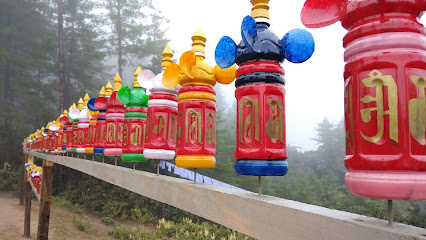
National Museum of Bhutan འབྲུག་གི་འགྲེམས་སྟོན་ཁང་།
Explore Bhutan's rich heritage at the National Museum, where history, art, and culture come alive in breathtaking exhibits.
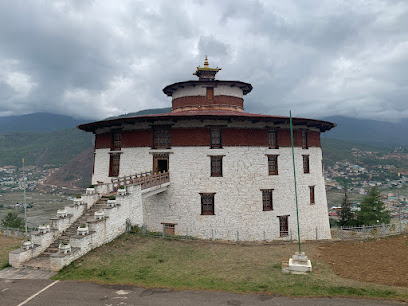
National Memorial Chhorten རྒྱལ་ཡོངས་རྗེས་དྲན་མཆོད་རྟེན།
Experience spiritual tranquility at the National Memorial Chhorten, a stunning Buddhist stupa in Thimphu, Bhutan, rich in culture and history.
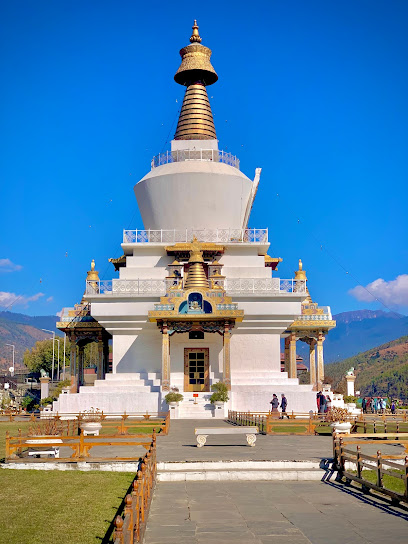
Royal Takin Preserve
Discover Bhutan's national treasure at the Royal Takin Preserve, a serene sanctuary dedicated to conserving the majestic Takin in its natural habitat.
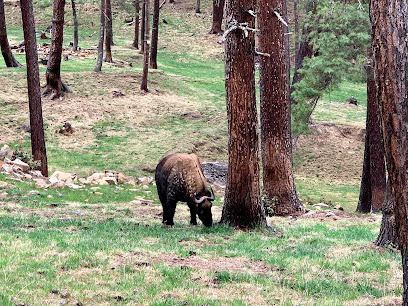
Simply Bhutan
Discover the heart of Bhutan's culture at Simply Bhutan, a heritage museum that offers an immersive journey into the country's rich traditions and history.
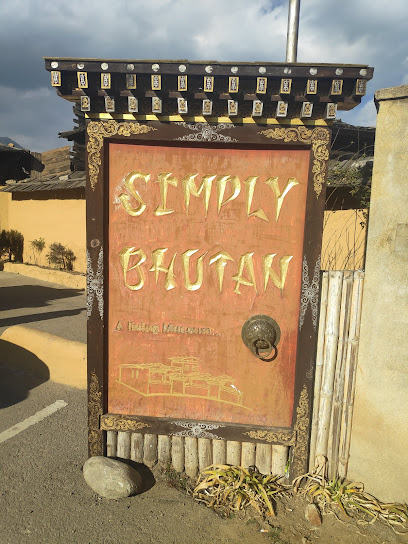
Karbandi Monastery
Experience tranquility and breathtaking views at Karbandi Monastery, a beautiful Buddhist temple in Phuentsholing, Bhutan.
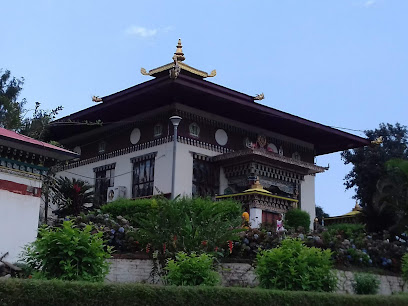
View Point and Shed, Chele La
Experience breathtaking mountain views and a tranquil escape at Chele La, Bhutan's highest motorable pass, perfect for adventure seekers and nature lovers.
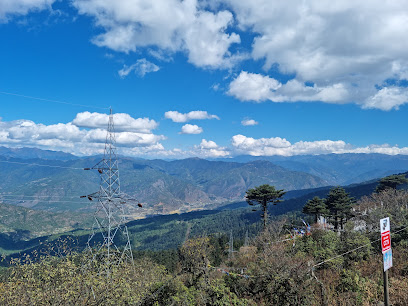
Folk Heritage Museum Kawajangsa
Discover Bhutan's rich cultural heritage at the Folk Heritage Museum in Thimphu, where traditional lifestyles and customs come to life.
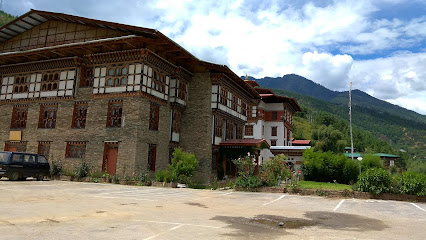
Jaigaon View Point
Explore the stunning vistas and cultural richness at Jaigaon View Point, a mesmerizing tourist attraction on the Indo-Bhutan border.
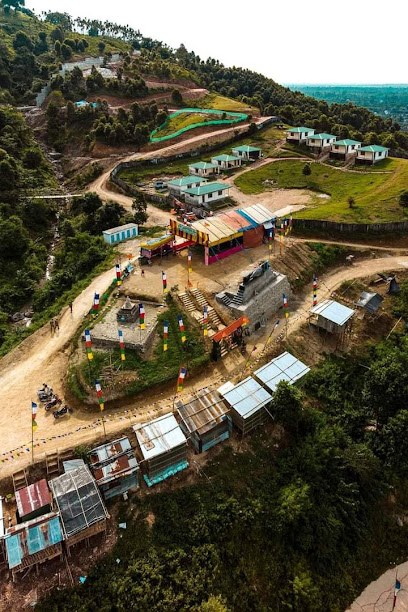
Simtokha Dzong སེམས་རྟོགས་ཁ་རྫོང་།
Explore Simtokha Dzong, a stunning fortress in Bhutan blending rich cultural heritage and breathtaking landscapes, perfect for history and nature lovers alike.
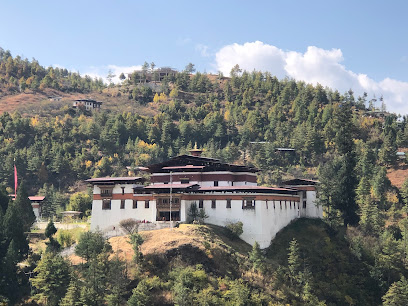
Zangtopelri
Discover the serene beauty of Zangtopelri, a magnificent Buddhist temple in Phuentsholing, where spirituality meets stunning architecture.
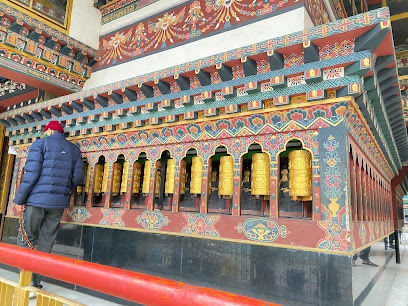
Kyichu Lhakhang སྐྱིད་ཆུ་ལྷ་ཁང་།
Discover the spiritual heart of Bhutan at Kyichu Lhakhang, a historic Buddhist temple offering tranquility and cultural insights in Paro Valley.
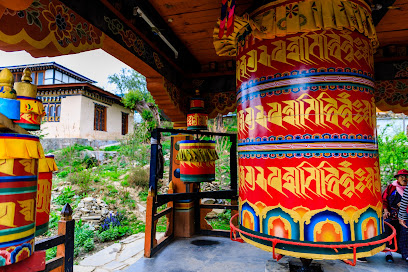
Chimi Lhakhang
Discover the serene beauty and spiritual significance of Chimi Lhakhang, Bhutan's famous Temple of Fertility, set amidst stunning landscapes.
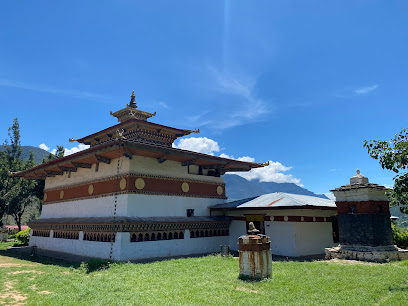
Khamsum Yulley Namgyal Choeten
Experience the spiritual serenity and breathtaking views at Khamsum Yulley Namgyal Choeten, a stunning stupa along Bhutan's scenic Thimphu-Punakha Highway.
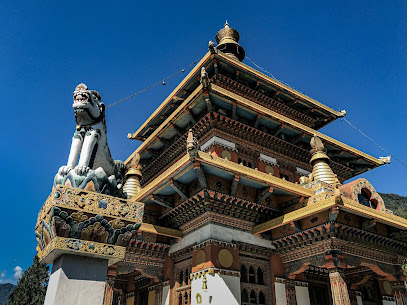
Wangkha Dam View Hotel
Discover the flavors of Bhutan at Wangkha Dam View Hotel, where stunning views meet authentic cuisine in a cozy atmosphere.
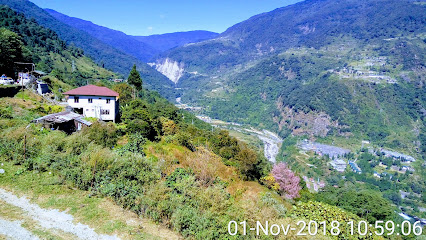
Unmissable attractions to see
Paro Taktsang
Discover the breathtaking beauty of Paro Taktsang, a sacred monastery perched on cliffs, offering spiritual insights and stunning vistas in Bhutan.
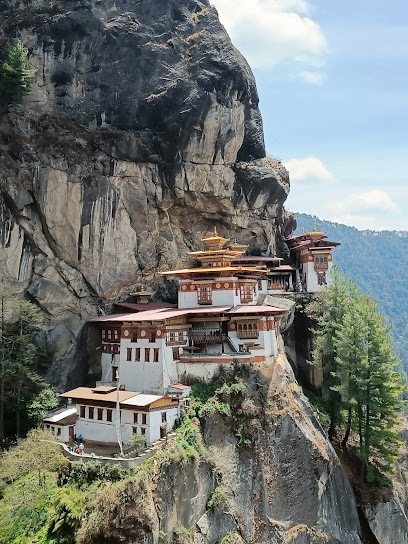
National Museum of Bhutan འབྲུག་གི་འགྲེམས་སྟོན་ཁང་།
Explore the National Museum of Bhutan in Paro, where rich history and vibrant culture come alive through captivating exhibits and breathtaking views.
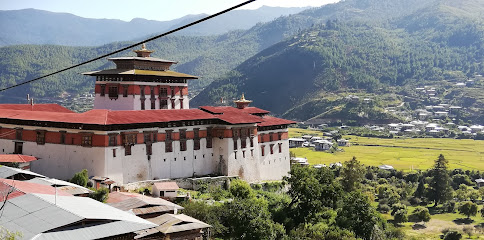
Karbandi Monastery
Explore the tranquil beauty and spiritual significance of Karbandi Monastery, a hidden gem in Phuentsholing, Bhutan.
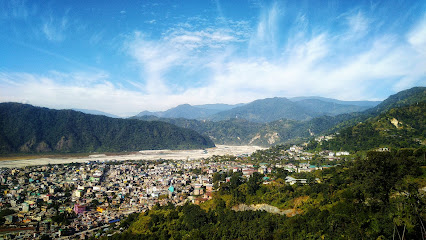
Jaigaon View Point
Discover the breathtaking beauty of Jaigaon View Point, a serene escape nestled in the mountains of West Bengal, perfect for nature lovers and photographers.
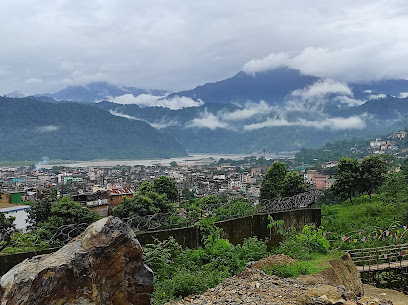
Simtokha Dzong སེམས་རྟོགས་ཁ་རྫོང་།
Explore Simtokha Dzong, Bhutan's oldest fortress, a serene retreat with stunning views and rich Buddhist heritage.
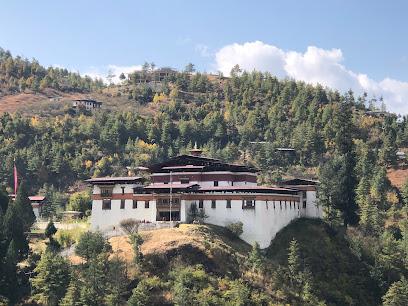
Zangtopelri
Experience the tranquility and beauty of Zangtopelri, a must-visit Buddhist temple in Phuentsholing, Bhutan, rich in culture and serenity.
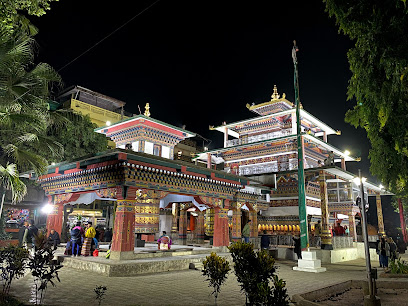
Kyichu Lhakhang སྐྱིད་ཆུ་ལྷ་ཁང་།
Immerse yourself in the spiritual heritage of Bhutan at Kyichu Lhakhang, a historic Buddhist temple with stunning architecture and serene surroundings.
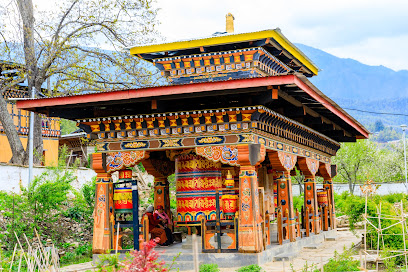
Chimi Lhakhang
Discover the enchanting Chimi Lhakhang, a Buddhist temple in Bhutan renowned for its fertility blessings and stunning architecture amidst breathtaking landscapes.
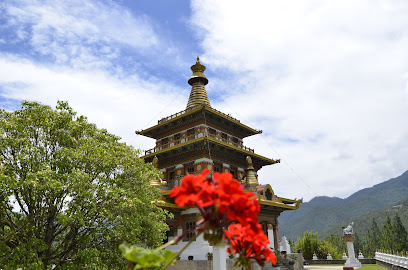
Drukgyel Dzong འབྲུག་རྒྱལ་རྫོང་།
Discover the breathtaking beauty and rich history of Drukgyel Dzong, a cultural landmark in Bhutan surrounded by stunning Himalayan scenery.
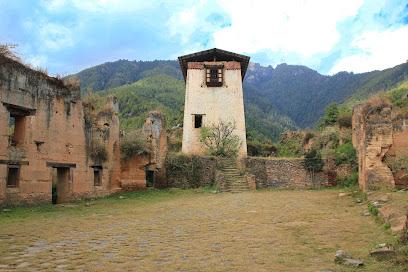
Pasakha picnic spot
Experience the serene beauty of Pasakha Picnic Spot in West Bengal, a perfect retreat for nature lovers and families seeking tranquility.
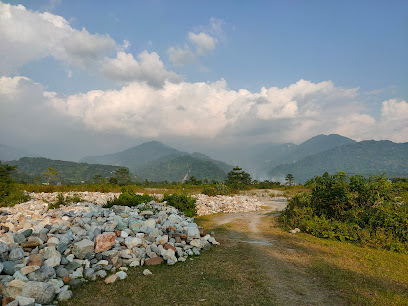
Royal Botanical Garden Serbithang
Experience the natural beauty of Bhutan at the Royal Botanical Garden Serbithang, a serene retreat featuring stunning flora and diverse wildlife.
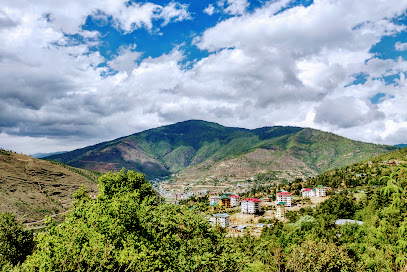
Jangtsa Dumtseg Lhakhang | ཟླུམ་བརྩེགས་ལྷ་ཁང་།
Explore the spiritual essence of Bhutan at Jangtsa Dumtseg Lhakhang, a captivating Buddhist temple with stunning landscapes and rich cultural heritage.
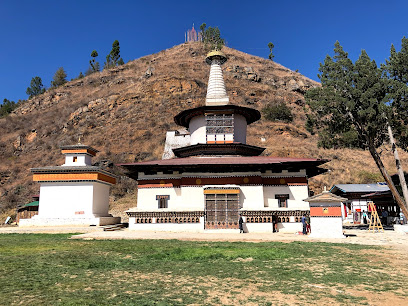
Drakarpo
Explore Drakarpo, a serene religious destination in Paro, Bhutan, where spirituality meets breathtaking natural beauty.
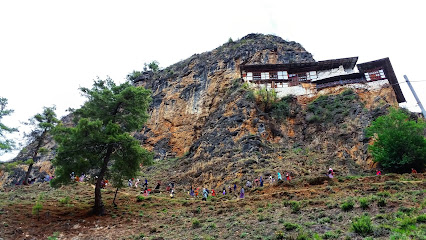
Alapan's View Point
Discover the stunning vistas at Alapan's View Point in Phuentsholing, Bhutan, an unmissable gem for nature lovers and photographers.
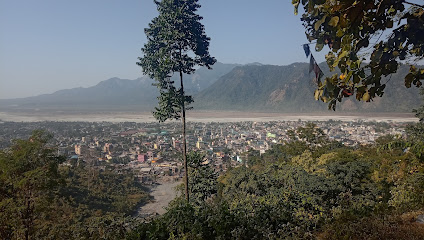
Phuentsholing, Bhutan
Discover the vibrant border town of Phuentsholing, Bhutan, where culture, nature, and hospitality converge for an unforgettable experience.
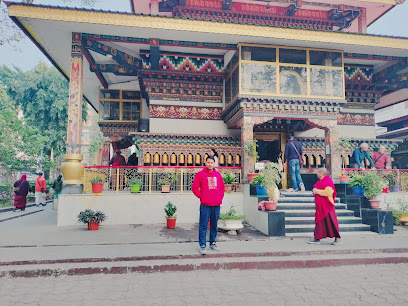
Essential places to dine
Wangkha Dam View Hotel
Discover exquisite flavors at Wangkha Dam View Hotel while enjoying breathtaking views of Chhukha's natural beauty.
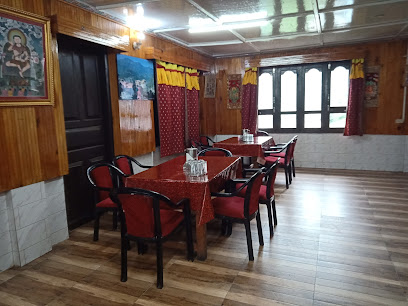
Zen Restaurant
Discover authentic Bhutanese and Tibetan flavors at Zen Restaurant in Phuentsholing - a culinary gem amidst breathtaking landscapes.
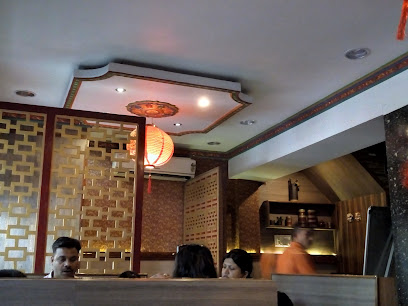
kuenga Hotel
Experience authentic Bhutanese flavors combined with international cuisine at Kuenga Hotel in Phuentsholing.
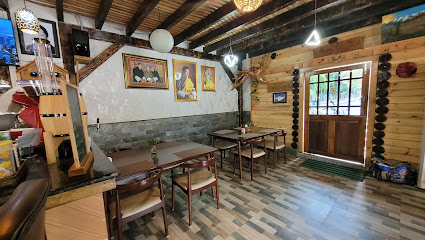
NEC Restaurant
Experience authentic Bhutanese cuisine alongside international dishes at NEC Restaurant in Phuentsholing - where flavor meets hospitality.
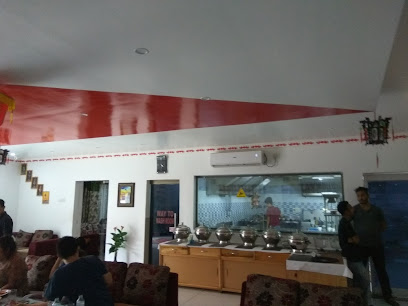
Takticoti Dantak Resturant
Experience authentic Indian cuisine at Takticoti Dantak Restaurant in Phuentsholing - where flavor meets affordability.
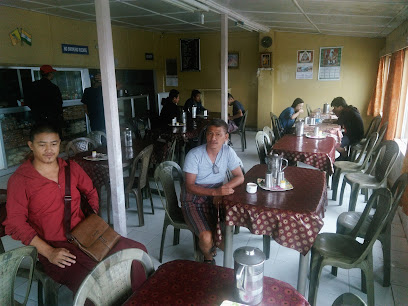
Doejung Paksam
Experience authentic Indian and Bhutanese cuisine at Doejung Paksam in Gedu – where every meal tells a story.
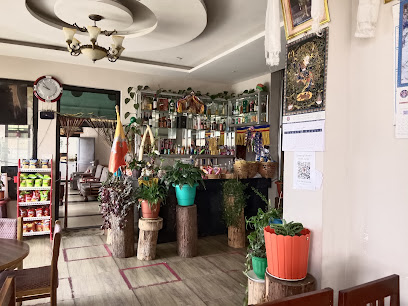
Shelgoen Restaurant
Experience authentic Bhutanese fast food at Shelgoen Restaurant in Chhukha—where tradition meets convenience!
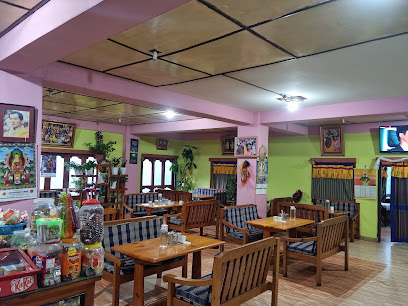
Chh'a Bistro and Bar
Experience the vibrant flavors of Bhutan at Chh'a Bistro and Bar in Thimphu - where tradition meets modern culinary artistry.
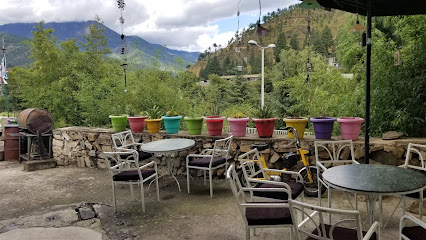
D2K Restaurant
Experience the rich flavors of Bhutan at D2K Restaurant – where local tradition meets modern dining in a welcoming atmosphere.
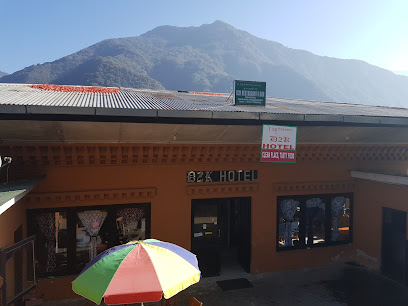
Highway Host
Experience authentic Bhutanese flavors at Highway Host in Chhukha – where culinary excellence meets local hospitality.
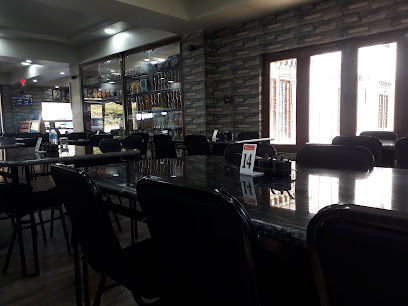
Lhamu Restaurant
Experience authentic Bhutanese flavors at Lhamu Restaurant in Gedu - where tradition meets taste!
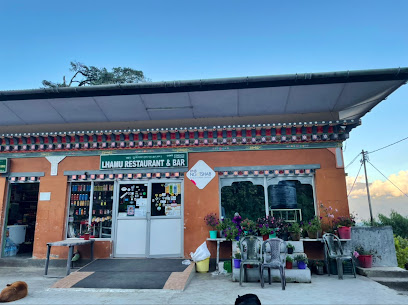
Wangchuk Home Stay,Ashi Bidha's Building.
Experience authentic Bhutanese cuisine and warm hospitality at Wangchuk Home Stay in Phuentsholing.
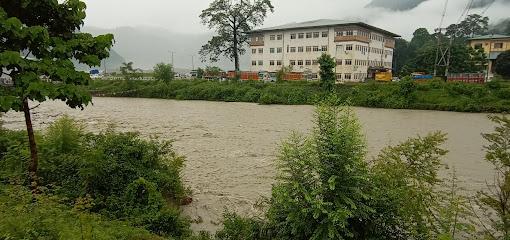
Drezang restaurant
Experience authentic Bhutanese flavors at Drezang Restaurant in Phuentsholing - where every dish tells a story.
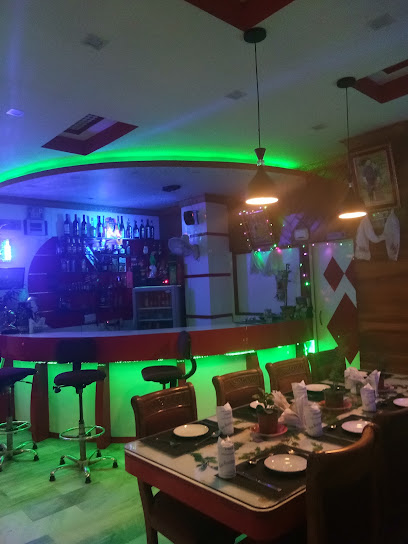
Chick A zaa HQ Phuntsholing
Discover exquisite flavors at Chick A Zaa HQ in Phuntsholing – where local cuisine meets global tastes in a welcoming atmosphere.
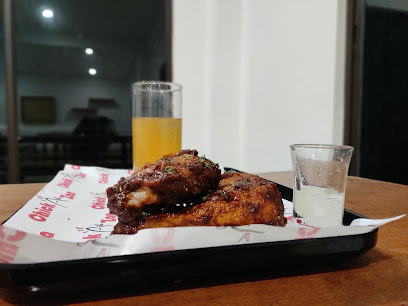
Hotel Dam View
Discover authentic Bhutanese flavors at Hotel Dam View while enjoying breathtaking landscapes in Chhukha.
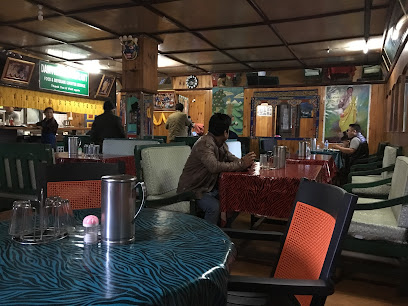
Markets, malls and hidden boutiques
Pasakha
Discover Pasakha in Phuentsholing, a vibrant shopping destination blending traditional Bhutanese culture with modern commerce.
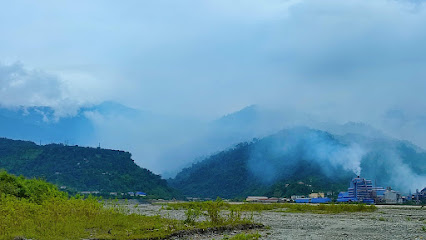
Koja Phuentsholing
Discover unique Bhutanese gifts and souvenirs at Koja Phuentsholing, where tradition meets charm in the heart of Phuentsholing.
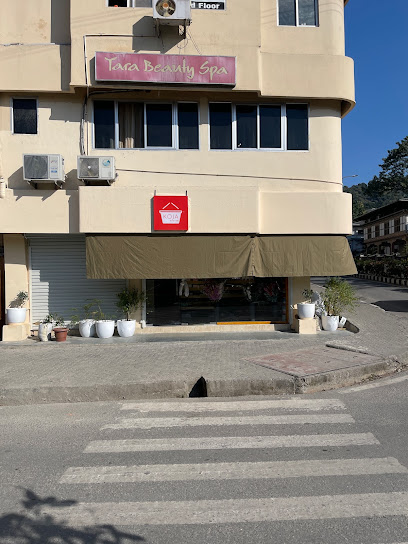
Sherab Tshongkhang
Discover unique Bhutanese clothing at Sherab Tshongkhang in Gedu, where tradition meets contemporary style for a memorable shopping experience.
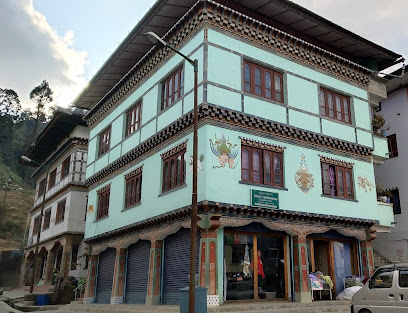
Pemo Tshongkhang
Explore the vibrant offerings of Pemo Tshongkhang in Tashigatshel, a charming store showcasing local culture and unique products.

Phuntsho General Shop
Explore local culture and unique treasures at Phuntsho General Shop in Chhukha, Bhutan—a delightful stop for authentic souvenirs.
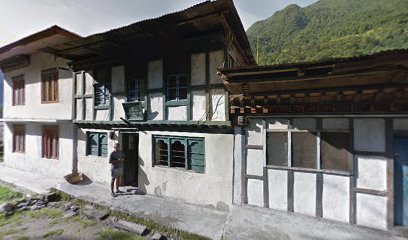
Damcho general shop
Explore the authentic charm of Bhutan at Damcho General Shop in Chimakha, where local culture and hospitality come alive.
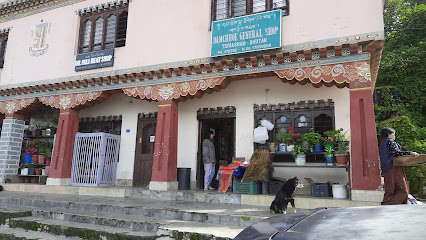
Kencho Tshering General Shop
Explore the vibrant offerings of Kencho Tshering General Shop in Chimakha, where local culture and everyday essentials meet.
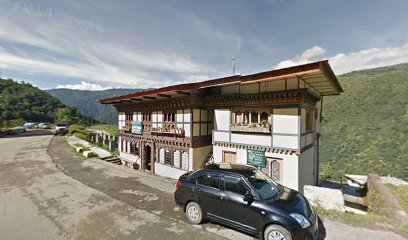
Ashman shop
Explore Ashman Shop in Pachu for unique local crafts and souvenirs that reflect the rich culture of the region.

DMC TSHONGKHANG
Explore the unique charm of DMC TSHONGKHANG, a gift shop in Gedu offering authentic Bhutanese crafts and souvenirs that encapsulate the spirit of Bhutan.
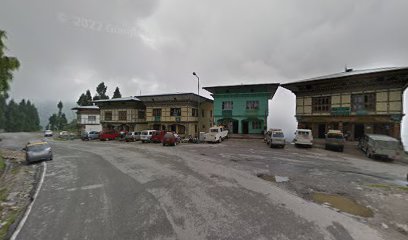
YeeDee Shop
Discover YeeDee Shop in Chhukha, a local gem offering authentic Bhutanese crafts, snacks, and a glimpse into the vibrant culture of Bhutan.

Nisha
Explore Nisha in Daphu, a charming general store filled with local treasures, authentic crafts, and essential supplies for every traveler.
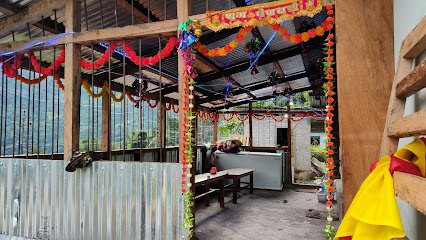
Shop
Explore Pachu's General Store: A Hidden Gem for Local Handicrafts and Authentic Souvenirs in the Heart of Bhutan.

Karma Store
Explore Karma Store in Chhukha for a delightful shopping experience filled with unique Bhutanese crafts and souvenirs.
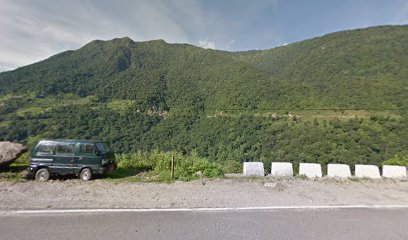
Kamala's Boutique
Explore the essence of Bhutanese fashion at Kamala's Boutique, where traditional craftsmanship meets modern style in Phuentsholing.

Reeta shop
Explore the authentic flavors of Bhutan at Reeta Shop in Daphu, your gateway to local groceries and cultural treasures.

Essential bars & hidden hideouts
High Beats
Experience the vibrant nightlife at High Beats, Phuentsholing's premier live music bar, where the rhythms of Bhutan come alive with every performance.
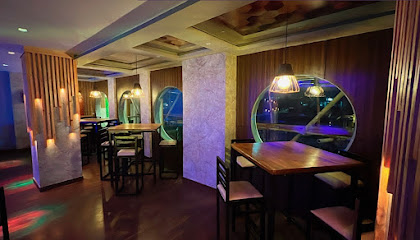
Alu Pendey’s Cafe and Pub
Experience the vibrant nightlife of Gedu at Alu Pendey’s Cafe and Pub, where live music and delicious food come together for an unforgettable evening.
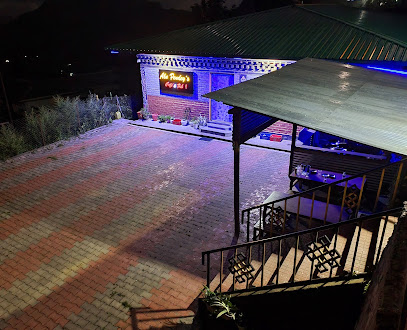
TDC
Discover the vibrant nightlife at TDC in Phuentsholing, where locals and travelers come together for delightful drinks and a warm ambiance.
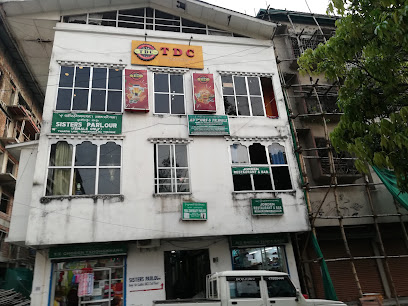
Top Shoot Snooker Bar And Karaoke
Experience the vibrant nightlife of Phuentsholing at Top Shoot Snooker Bar and Karaoke - where games meet music for unforgettable fun.
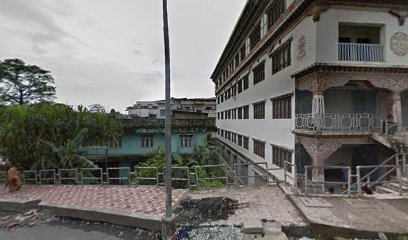
The NEST RESTAURANT Phuntsholing Lower Market
Experience the best of Bhutanese and international cuisine at The NEST RESTAURANT in Phuntsholing's bustling Lower Market.
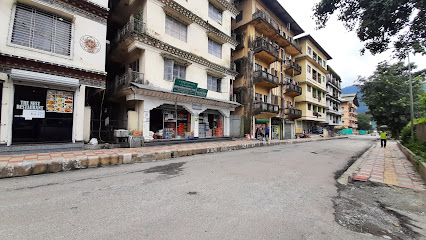
Liquid Therapy
Experience the vibrant nightlife at Liquid Therapy in Phuentsholing, where creative cocktails and local brews meet friendly faces and lively ambiance.
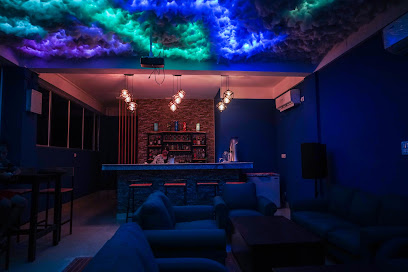
SANGAY KARAOKE BAR
Experience the vibrant nightlife at Sangay Karaoke Bar in Phuentsholing, where singing and socializing come together for an unforgettable evening.
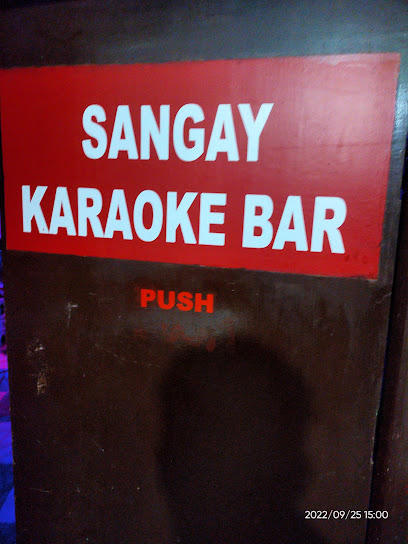
Tshangpa Drayang
Experience the vibrant nightlife at Tshangpa Drayang, the premier bar in Phuentsholing offering a taste of Bhutanese culture and hospitality.
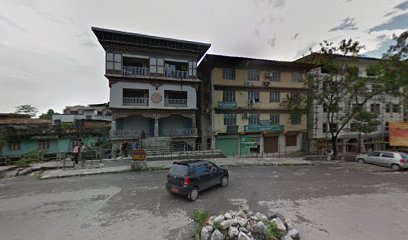
Mig Cinema Canteen
Experience the vibrant culture of Phuentsholing at Mig Cinema Canteen, a unique bar blending local flavors with entertainment.
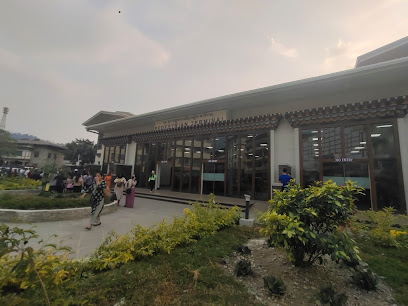
Yummy Express Bar Cafe
Experience the vibrant flavors of Bhutan at Yummy Express Bar Cafe, a delightful spot for tourists in Phuentsholing. Relax, unwind, and enjoy!
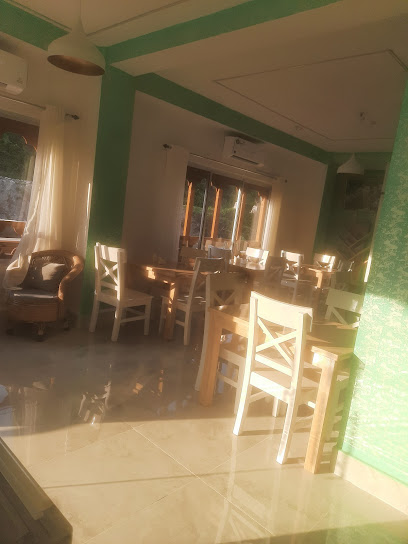
Damjee,Andup Lepcha's Shop
Experience local flavors and warm hospitality at Damjee, Andup Lepcha's Shop in the heart of Samtse's vibrant culture.

Kam Bar
Discover the lively ambiance of Kam Bar, a perfect blend of local culture and refreshing drinks in a welcoming setting.
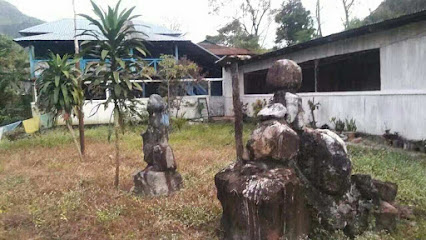
KT Pan shop and Dechen Bar
Experience the heart of Phuentsholing at KT Pan Shop and Dechen Bar, where local culture and vibrant nightlife come together for an unforgettable evening.
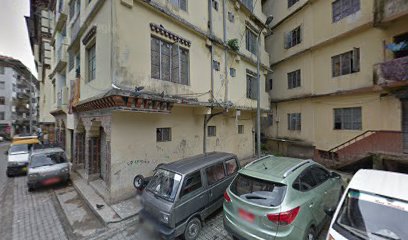
Gawa Karaoke
Experience the vibrant nightlife of Phuentsholing at Gawa Karaoke, where music, fun, and unforgettable memories await.
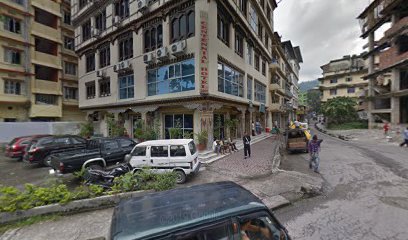
Local Phrases about Chhukha District
-
- Helloཇ་ཤྱོ
[Ja sho] - Goodbyeཞེས་བསྒྲིལ
[Zhep segri] - Yesཡོད
[Yo] - Noམེད
[Me] - Please/You're welcomeདགའ་དང་མིང
[Dag dang ming] - Thank youབརྒྱབ་ནས
[Garab ne] - Excuse me/Sorryང་ཚོའི་ཡོད་པ
[Nga tso'i yo pa] - How are you?ཁྱེད་རང་ལ
[Khye dang la] - Fine. And you?སྐུད་ལ
[Suk la] - Do you speak English?ཨིནགསིལལིཤཏིའོ
[Ingsil lish tio] - I don't understandང་རིནའུང
[Nga rinung]
- Helloཇ་ཤྱོ
-
- I'd like to see the menu, pleaseམོག་ཡིག་སྒོའི་ཁང་བསྒྲིལ
[Mog yik go'i kang segri] - I don't eat meatབཟེད་མགོདའི་ངོ་ཡིག
[Zed mago'i ngo yik] - Cheers!ལོག་གྷོའི་བསྒྲིལ
[Log gho'i segri] - I would like to pay, pleaseང་མཚོར་བསྒྲིལ
[Nga tsor segri]
- I'd like to see the menu, pleaseམོག་ཡིག་སྒོའི་ཁང་བསྒྲིལ
-
- Help!སྤྱན
[Chen] - Go away!སྐིས་ཆུ
[Kis chu] - Call the Police!སྒུ་སྤྱིའོ
[Gu spio] - Call a doctor!སྨཱོ
[Mao] - I'm lostང་ཐུག
[Nga thuk] - I'm illང་ཉལ
[Nga nyal]
- Help!སྤྱན
-
- I'd like to buy...ང་མཚོར་བསྒྲིལ
[Nga tsor segri] - I'm just lookingང་རྒྱག་སྒོའི་བསྒྲིལ
[Nga gyak go'i segri] - How much is it?བསེལ་ཡང་ཨེ་ལ
[Bsel yang ae la] - That's too expensiveདེའི་བསྒྲིལ་ཧོའི་ཡོད
[De'i segri hoi yo] - Can you lower the price?ནག་སྒྲིལ་ཁོའི་ཨོམ་ཡོད
[Nak segri kho'i om yo]
- I'd like to buy...ང་མཚོར་བསྒྲིལ
-
- What time is it?ཁྲི་ར་ཧ་ལ
[Tri ra ha la] - It's one o'clockགཅིག་སྡུའི་ཁ
[Gcik du'i kha] - Half past (10)བཅིག་སྡུའིའོས
[Bcik du'i o] - Morningསྒེར
[Ger] - Afternoonསྐར
[Kar] - Eveningཡར
[Yar] - Yesterdayཁས་སྤྲི
[Khas spri] - Todayདེ་སྤྲི
[De spri] - Tomorrowངས་སྤྲི
[Ngas spri] - 1གཅིག
[Gcik] - 2གྲུབ
[Drub] - 3གསོ
[Gso] - 4མོར
[Mor] - 5གང
[Gang] - 6གཅོ
[Gco] - 7གས
[Gs] - 8བར
[Bar] - 9དགུ
[Dgu] - 10བཅིག
[Bcik]
- What time is it?ཁྲི་ར་ཧ་ལ
-
- Where's a/the...?མགོ་སཽའི་ཐང
[Mgo sua'i tang] - What's the address?མགོ་སཽའི་བསྡུའི་ཐང
[Mgo sua'i dui tang] - Can you show me (on the map)?ནག་དབྱང་སོའི་གཡས་ཏིའོ
[Nak djang so'i yas tio] - When's the next (bus)?སྤོགས་ཤར་ལོར་ཧ་ན
[Pog shar lor ha na] - A ticket (to ....)འ་ཐོའི་མགོ
[A thoi mgo]
- Where's a/the...?མགོ་སཽའི་ཐང
History of Chhukha District
-
Chhukha District, located in southwestern Bhutan, has long been a significant region due to its strategic position along ancient trade routes. These routes connected Bhutan with India and Tibet, facilitating the exchange of goods, culture, and ideas. The district's rugged terrain and lush landscapes served as both challenges and scenic passages for traders over the centuries.
-
The Chhukha Hydropower Project, inaugurated in 1988, is one of the most significant infrastructural developments in Bhutan's history. Located on the Wangchhu River in Chhukha District, this project marked Bhutan's entry into modern hydropower production. It has since become a cornerstone of the country's economy, contributing significantly to national revenue through the export of electricity to neighboring India.
-
Chhukha Dzongkhag, or Chhukha District, was officially established in 1987 as a separate administrative division. The establishment of the district was part of Bhutan's efforts to decentralize administration and bring governance closer to the people. Chhukha Dzongkhag includes several gewogs (villages), each with its own unique cultural and historical significance.
-
Chhukha District is rich in cultural heritage, with numerous traditional festivals and rituals celebrated throughout the year. One of the most notable is the Lomba festival, which marks the end of the harvest season. During this time, locals partake in various ceremonies, traditional dances, and communal feasts, showcasing the district's vibrant cultural traditions.
-
Chhukha District is home to several important Buddhist monasteries and religious sites. These include the Dungna Lhakhang and the Chhukha Dzong, which serve as spiritual centers for the local population. These sites are not only places of worship but also repositories of Bhutanese art, architecture, and cultural heritage.
-
In recent years, Chhukha District has been at the forefront of Bhutan's environmental conservation efforts. The district's lush forests and diverse wildlife are protected through various national policies and local initiatives. These efforts aim to preserve the natural beauty and ecological balance of the region, ensuring that Chhukha remains a haven for future generations.
Chhukha District Essentials
-
Chhukha District is located in southwestern Bhutan. The nearest international airport is Paro International Airport, approximately 3 hours away by car. From Paro, you can hire a taxi or arrange for a private vehicle through your hotel or travel agency. Alternatively, you can take a bus from Thimphu, the capital city, which is about 2 hours away from Chhukha. The road journey offers scenic views of Bhutan's mountainous terrain.
-
Within Chhukha District, local taxis are readily available and can be hired for day trips or short distances. Public buses connect the main towns and villages, but they might not be as frequent. For a more flexible option, you can rent a car with a driver, which is common practice in Bhutan. Walking is also a great way to explore smaller towns and enjoy the local scenery.
-
The official currency in Bhutan is the Ngultrum (BTN), which is pegged to the Indian Rupee (INR). Credit cards are accepted in some hotels and larger shops, but it is advisable to carry cash, especially in rural areas and smaller establishments. ATMs are available in the main towns, but it's wise to withdraw sufficient cash in Thimphu or Paro before heading to Chhukha.
-
Chhukha District is generally a safe destination for tourists. However, like any travel destination, standard precautions are advisable. Avoid walking alone at night in unfamiliar areas and keep your belongings secure in crowded places. There are no specific high-crime areas targeting tourists, but staying vigilant and aware of your surroundings is always recommended.
-
In case of emergency, dial 113 for police assistance or 112 for medical emergencies. The local hospital and clinics in Chhukha can handle minor health issues, but for serious medical conditions, you may need to go to Thimphu. It is recommended to have travel insurance that covers medical emergencies. Pharmacies are available in the main towns where you can purchase over-the-counter medications.
-
Fashion: Do dress modestly, especially when visiting religious sites. Avoid wearing revealing clothing. Religion: Do respect local customs and traditions. Always remove your shoes and cover your head when entering temples and monasteries. Public Transport: Do be respectful and give up your seat to elderly passengers. Don’t eat or drink on public transport. Greetings: Do greet people with a slight bow and the traditional 'Kuzuzangpo La' (hello). Eating & Drinking: Do try local delicacies and accept food offerings graciously. Don’t refuse hospitality, as it is considered impolite.
-
To experience Chhukha District like a local, visit the weekly markets where you can buy fresh produce and traditional Bhutanese goods. Engage with locals, as they are often friendly and willing to share stories about the area's history and culture. Don’t miss visiting the Torsa Strict Nature Reserve, which offers stunning landscapes and unique wildlife. For a unique experience, attend a local festival (Tsechu), where you can witness traditional mask dances and cultural performances.
Trending Landmarks in Chhukha District
-
Paro Taktsang
-
National Museum of Bhutan འབྲུག་གི་འགྲེམས་སྟོན་ཁང་།
-
National Memorial Chhorten རྒྱལ་ཡོངས་རྗེས་དྲན་མཆོད་རྟེན།
-
Royal Takin Preserve
-
Simply Bhutan
-
Karbandi Monastery
-
View Point and Shed, Chele La
-
Folk Heritage Museum Kawajangsa
-
Jaigaon View Point
-
Simtokha Dzong སེམས་རྟོགས་ཁ་རྫོང་།
-
Zangtopelri
-
Kyichu Lhakhang སྐྱིད་ཆུ་ལྷ་ཁང་།
-
Chimi Lhakhang
-
Khamsum Yulley Namgyal Choeten
-
Wangkha Dam View Hotel
Nearby Cities to Chhukha District
-
Things To Do in Paro
-
Things To Do in Thimphu
-
Things To Do in Wangdue Phodrang
-
Things To Do in Punakha
-
Things To Do in Gangtok
-
Things To Do in Trongsa
-
Things To Do in Siliguri
-
Things To Do in Darjeeling
-
Things To Do in Bumthang
-
Things To Do in Jakar
-
Things To Do in Rangpur
-
Things To Do in Mongar
-
Things To Do in Trashigang
-
Things To Do in Guwahati
-
Things To Do in Namche Bazaar








